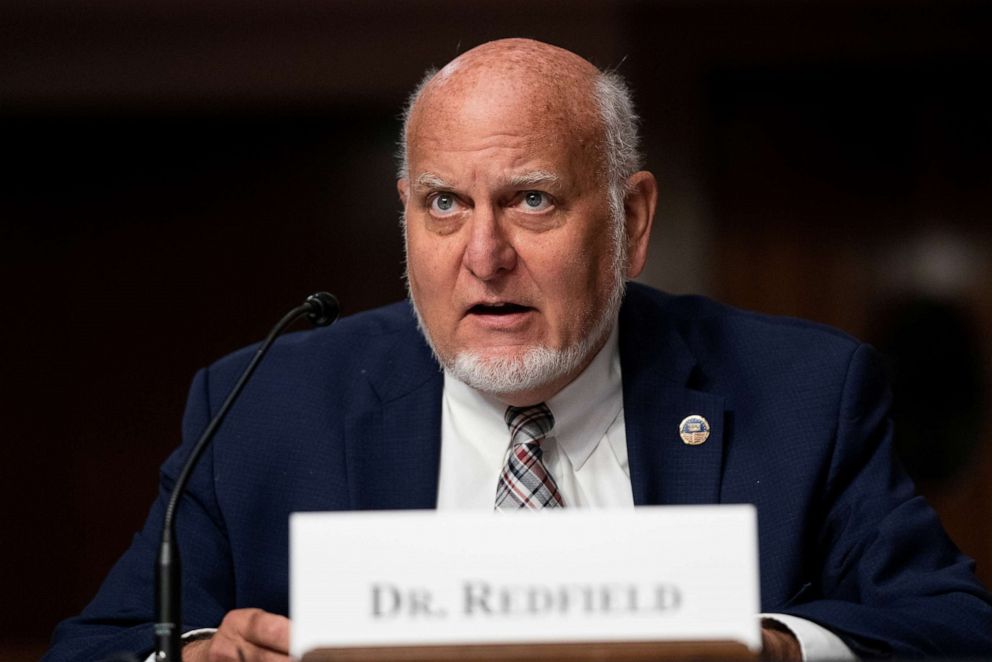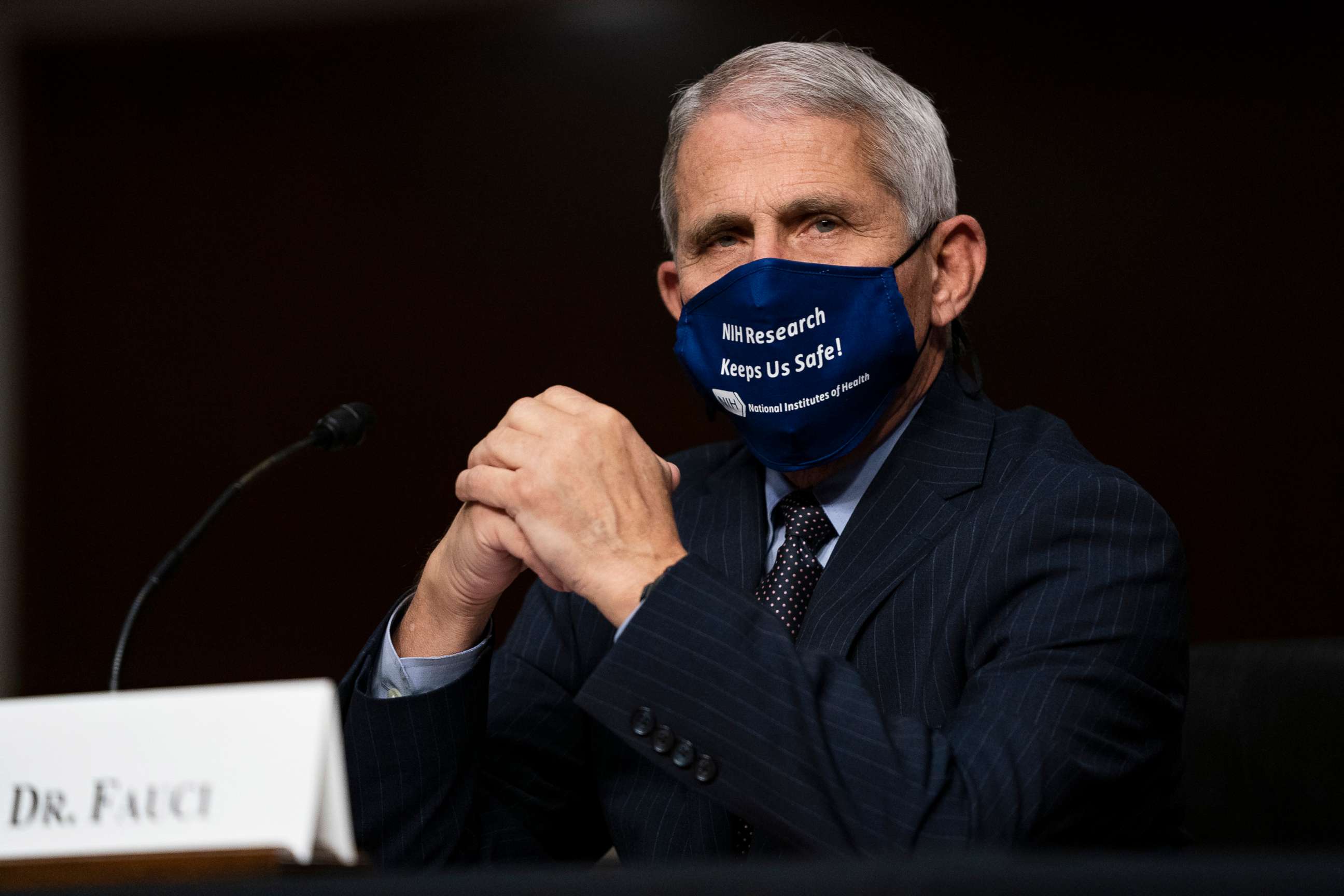France announces new restrictions as cases rise
New restrictions are coming in France as the nation deals with the highest increase of COVID-19 cases in Europe since May.
French Health Minister Olivier Véran announced a set of targeted restrictions Wednesday to be implemented in various cities for two weeks.
Starting Saturday, in Paris and seven other major cities, parties will be prohibited, with outdoor gatherings limited to 10 people.

Bars must shut their doors at 10 p.m., gyms will be closed and sporting events will be limited to 1,000 spectators.
Meanwhile, Marseille and Guadeloupe are enacting stricter rules; starting Monday all bars and restaurants will be closed.
French officials reported 13,072 new cases on Wednesday, just short of the highest daily record of 13,215. France now has over 481,000 COVID-19 cases and at least 31,459 fatalities.
ABC News' Ibtissem Guenfoud and Christine Theodorou contributed to this report.







